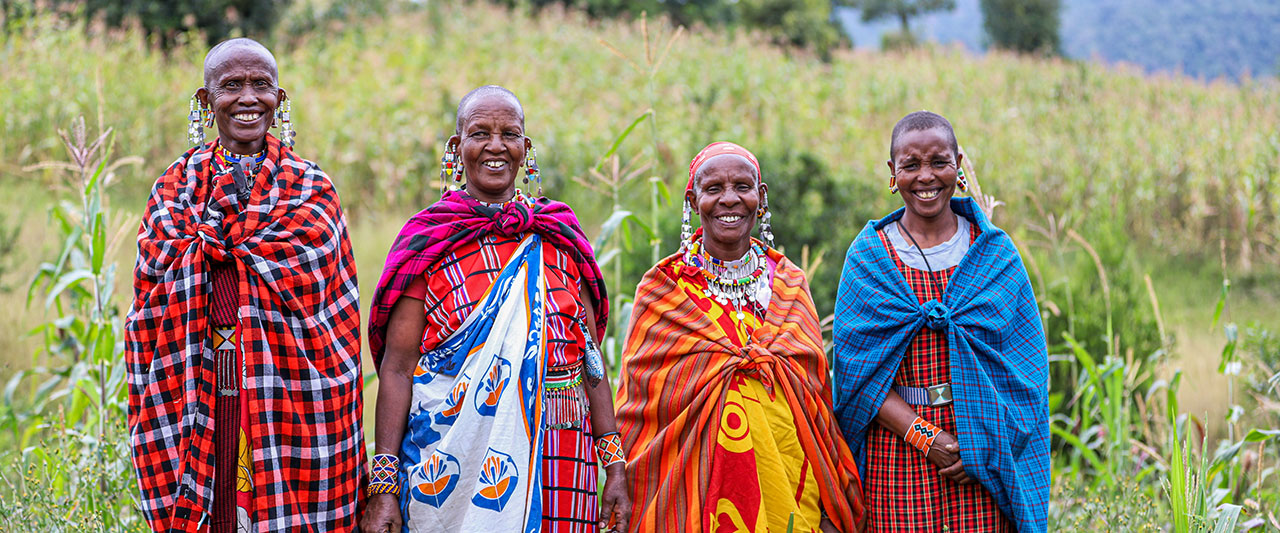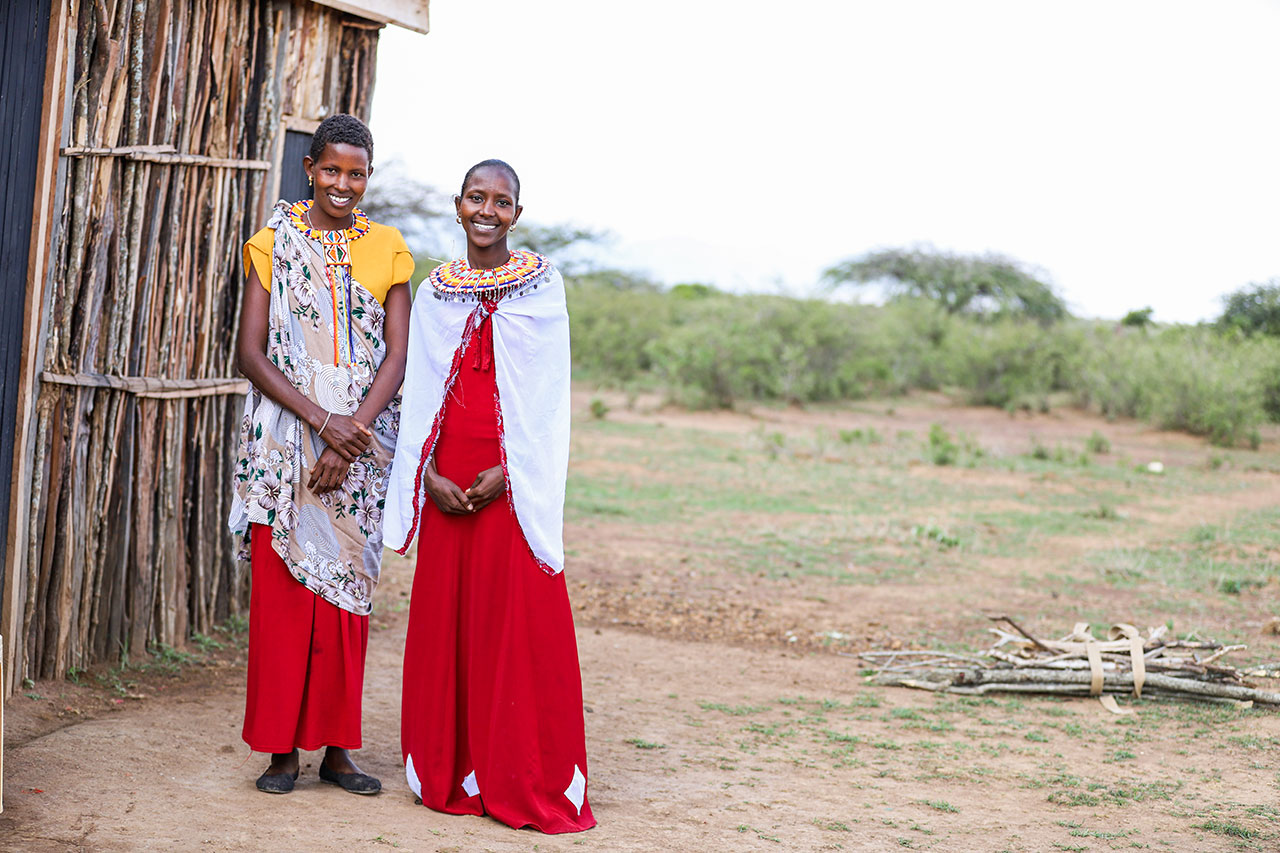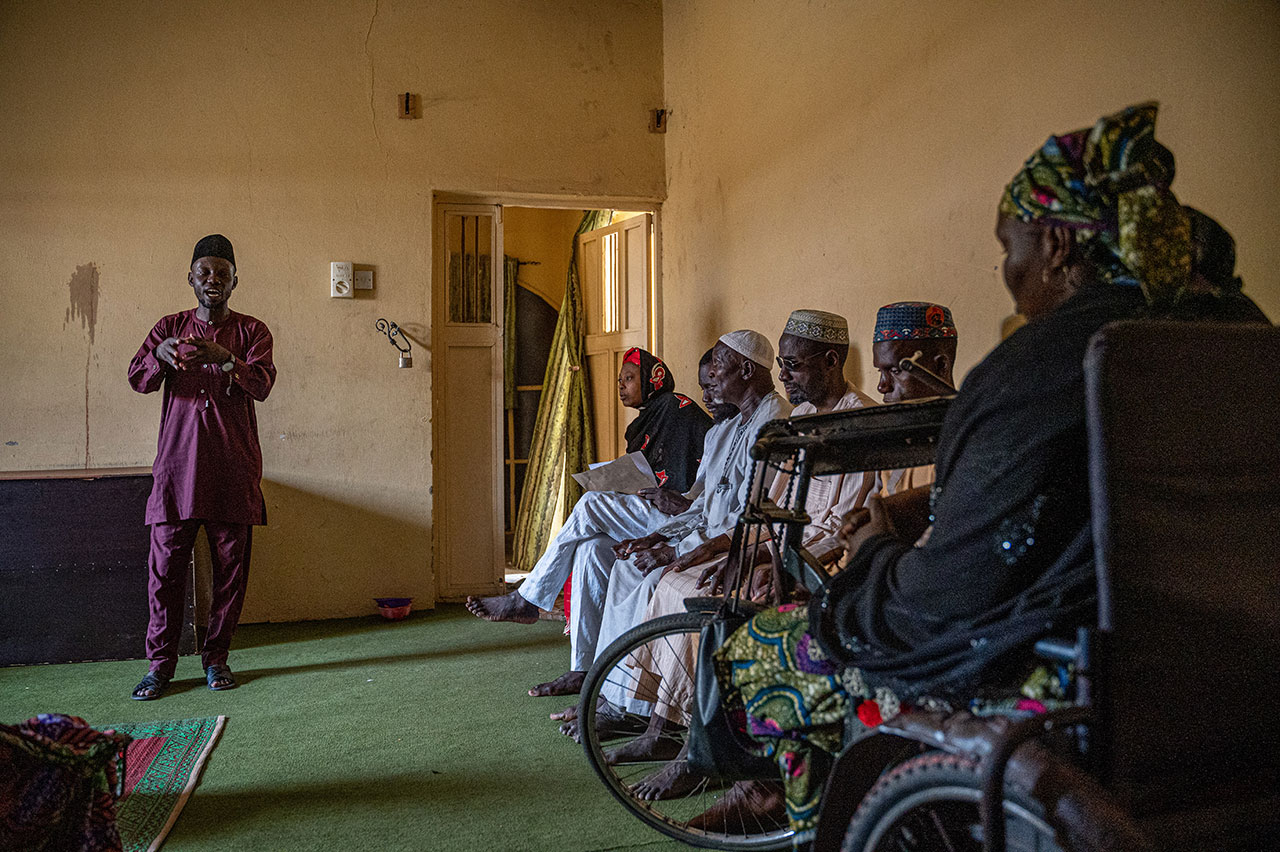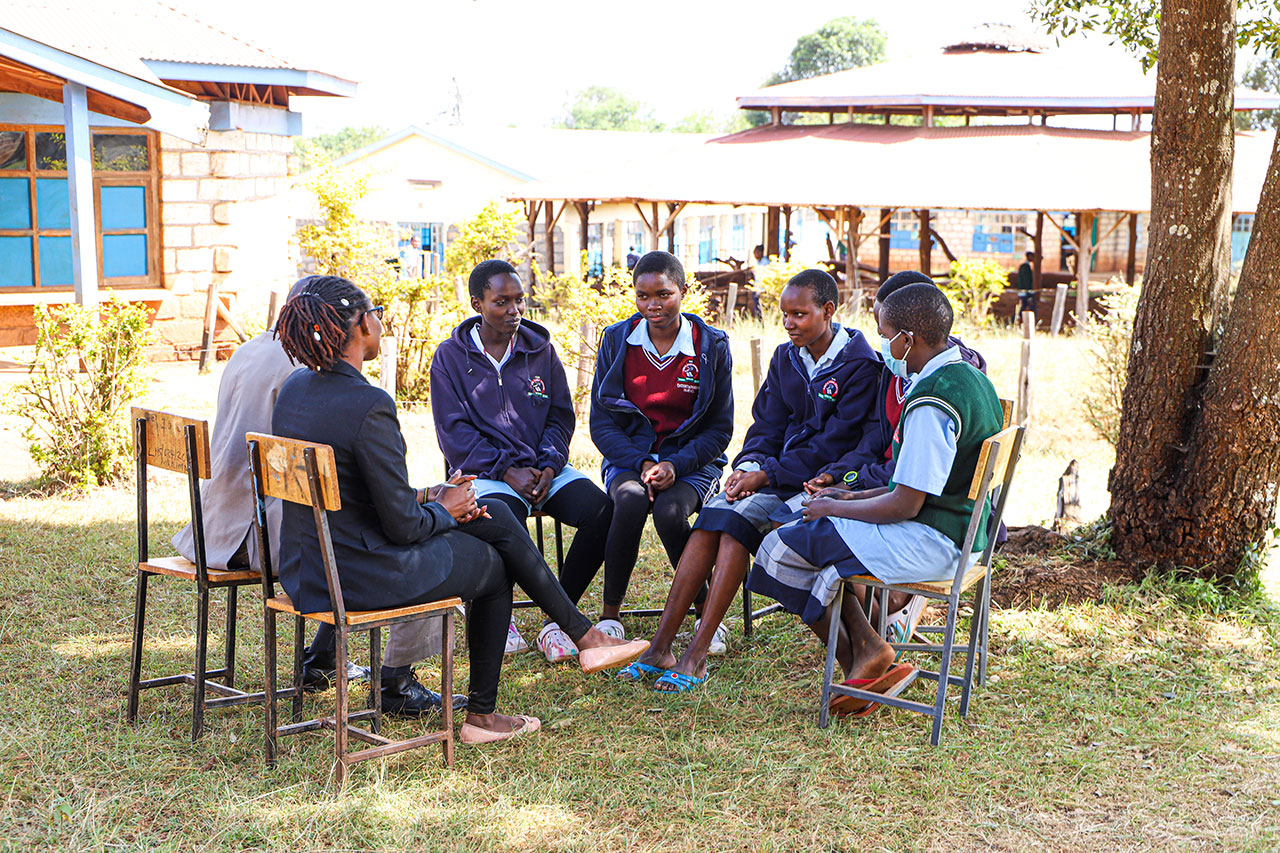Ipas Collaborative Fund
A locally led, globally connected grantmaking program to foster a collective movement for reproductive justice
The Ipas Collaborative Fund, drawing on two decades of Ipas grantmaking and more than half a century of technical assistance and experience in enhancing abortion access, is administered by local Ipas teams in Africa, Asia, and Latin America. Currently managed by our Africa Alliance team in Kenya, the fund’s grantmaking will evolve based on insights from our grantees, aligning with their objectives for reproductive justice.
We recognize the diverse entities working to promote abortion rights—feminist and youth groups, women’s funds, local community-based organizations, and others. Our aim is to collaborate with these key players to nurture a unified movement for social change centered on reproductive justice, including abortion rights. The Ipas Collaborative Fund combines grants with technical support, and it channels flexible resources where they are needed most—to organizations closest to the important work being done.
“Collaborative Fund grantees are our partners in reproductive justice,” says Gonzaga Ogambi, Ipas Africa Alliance community engagement manager, who manages the grant program. “The technical support we provide includes building grantees’ capacity in community engagement, helping them set up financial systems, and assisting with the development and rollout of their programs in sexual and reproductive health and rights.”
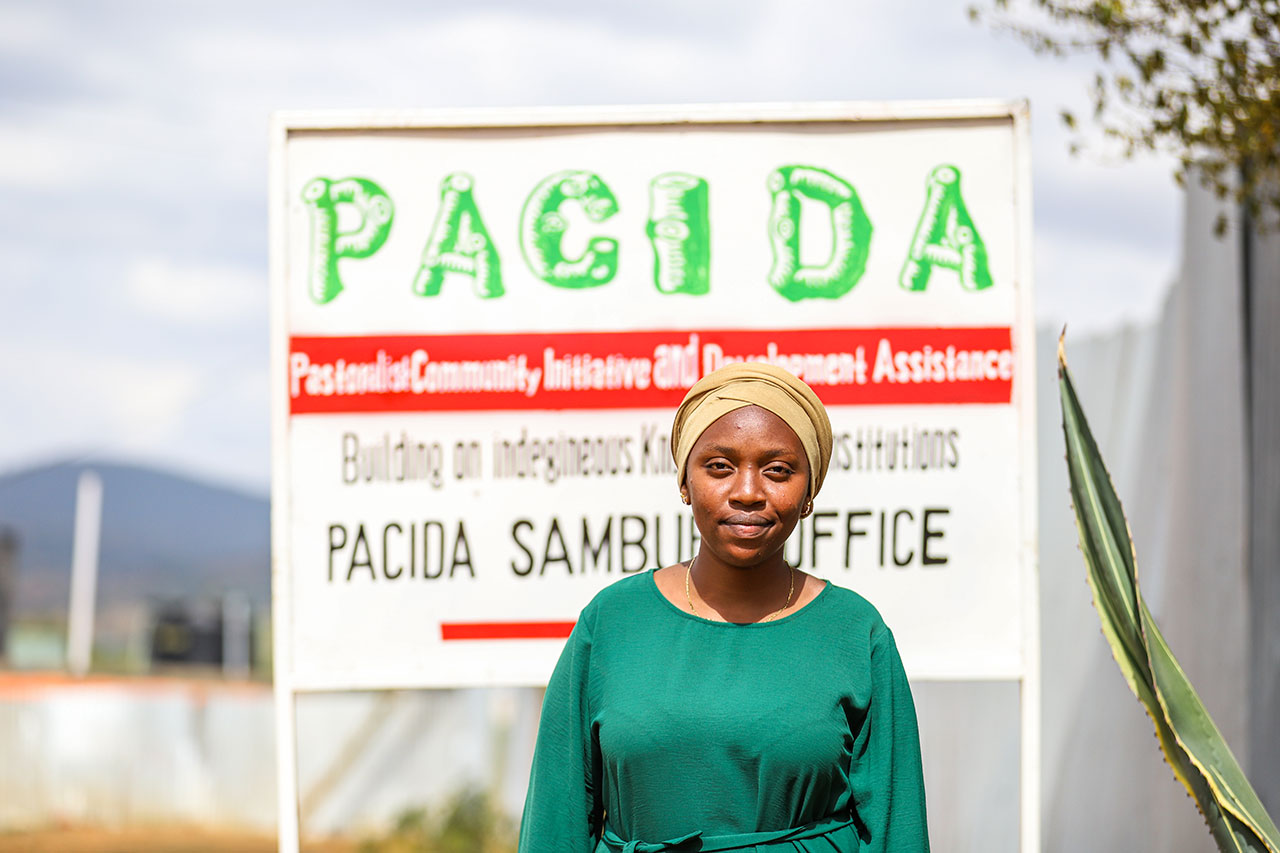
“The Collaborative Fund was truly transformative for us. Unlike other funds, it didn’t restrict us to specific themes, empowering us to tailor a proposal that addressed the pressing needs of our community at the time of application.”— Abdiah Lalaikipian, PACIDA, 2022 grant recipient
Making a difference in communities
The Ipas Collaborative Fund aims to provide flexible funding to local organizations all contributing to our shared goal of reproductive justice. Each one of the organizations highlighted here were part of the Fund’s pilot year—and all, along with the people connected to them, are making an impact in their communities.
The Ipas Collaborative Fund recipients for 2024 are:
Youth Sprint
Democratic Republic of Congo
Youth Sprint is a national coalition established by Ipas Democratic Republic of Congo (DRC) that comprises 24 community and youth-led organizations. It brings together youth and community leaders to promote and defend sexual and reproductive health and rights.
Grant focus: This grant will help enhance the programmatic and operational capacity of new member organizations within the coalition. It focuses on strengthening their understanding of Ipas’s sustainable abortion ecosystem framework, advancing advocacy initiatives, and improving communication on abortion rights.
Nikat Charitable Association
Ethiopia
Nikat Charitable Association is passionate about promoting sexual and reproductive health and rights (SRHR), including abortion rights, and ensuring that women have the reproductive health resources they need.
Grant focus: They will raise awareness of how to access safe abortion for commercial sex workers and advocate for policies and strategies to provide essential sexual and reproductive health and rights services.
Ethiopia Media Women Association
Ethiopia
Ethiopia Media Women Association enhances the capacities of journalists in Ethiopia, advocating for accurate and comprehensive reporting on sexual and reproductive health and rights issues.
Grant focus: The association will build the capacities of local radio journalists to understand and report on the importance of sexual and reproductive health and rights, including safe abortion.
PRASAR
India
PRASAR is an NGO that works with diverse groups, including adolescents, women of reproductive age, farmers, and marginalized communities. Recent amendments to India’s abortion law aim to enhance access to safe abortion services, especially for vulnerable women. However, awareness of the law and recent changes is limited, particularly in rural areas. As part of the Sanjha Prayas network, PRASAR collaborates with grassroots organizations to raise awareness on how to access safe abortion, targeting local influencers and decision makers.
Grant focus: They will integrate safe abortion content into civil society organizations’ agendas, challenge stigmatizing social norms, and increase awareness among community influencers and gatekeepers about the rights of young women, particularly their right to access safe abortion.
Bihar Gram Vikas Parishad
India
Bihar Gram Vikas Parishad, an NGO, implements need-based programs, primarily targeting mothers, children, flood victims, farmers, differently abled individuals, youth, and decision-makers. Recent amendments to India’s abortion law aim to enhance access to safe abortion services, especially for vulnerable women. However, rural community awareness about the law and recent changes is limited. As part of the Sanjha Prayas network, Bihar Gram Vikas Parishad collaborates with grassroots organizations to increase awareness of how to access safe abortion, targeting local influencers and decision makers.
Grant focus: They will integrate safe abortion content into civil society organizations’ agendas, challenge stigmatizing social norms, and raise awareness among community influencers and gatekeepers regarding the rights of young women, particularly their right to access safe abortion.
Rahima
Indonesia
Rahima is an NGO that works to uphold women’s rights from an Islamic perspective.
Women often face discrimination based on their reproductive functions, making them vulnerable to violence. To address this, Rahima created a reproductive health education module and teaching materials for religion teachers at Madrasah Aliyah (similar to high school) to incorporate sexual and reproductive education.
Rahima also became one of the initiators of the Indonesian Women’s Ulama Congress, known as Kongres Ulama Perempuan Indonesia (KUPI)—the world’s first congress of women “ulama,” which are advanced Islamic scholars who serve as spiritual and community leaders.
Grant focus: The grant will enable Rahima to update and integrate a sexual and reproductive health and rights (SRHR) perspective into its Women Ulama Training Module. By graduating from this training, women will be capable of delivering education that raises awareness of SRHR, particularly sexual and gender-based violence, in Islamic boarding schools.
Life Lifters Kenya
Kenya
Life Lifters Kenya is a CBO that aims to empower rural girls in Kenya through leadership, SRHR training, mentorship, and scholarships, enabling them to make informed decisions and advocate for their own rights.
Grant focus: They will implement a project dubbed EmpowerHer, a comprehensive training and advocacy program in Nandi County focusing on sexual and reproductive health and rights. It aims to educate teenage girls on delaying early sexual debut and preventing pregnancy and unsafe abortion.
Kenya Poverty Elimination Network (K-PEN)
Kenya
K-PEN is a CBO dedicated to challenging poverty in urban slums and rural districts of Kenya, particularly emphasizing women and youth.
Grant focus: They will use their grant for improved access to information on safe, self-managed medical abortion among women and girls in Migori County.
Entashata Loita
Kenya
This community-based organization has been implementing health, education, and economic livelihood activities among the Loita Maasai pastoralist community and is a second-time Collaborative Fund grantee.
Grant focus: They will use their grant to implement the I CARE HER (ICH) Project, a 10-month collaboration supported by Ipas Africa Alliance, which aims to strengthen an existing sexual and gender-based violence (SGBV) intervention within the community. This project builds on previous efforts supported by Ipas, addressing the intersection of SGBV, sexual and reproductive health and rights, and climate change.
Stage Media Arts (SMA)
Kenya
Stage Media Arts (SMA) is a CBO that focuses on empowering youth through theater to promote sexual and reproductive health and rights services and uptake, aiming to strengthen youth development and active participation in their communities.
Grant focus: They will implement a project titled Empowering Voices, which aims to reduce abortion-related stigma and challenge harmful social norms within Bungoma County through an educational campaign. The goal is to reach 3,000 community members, resulting in increased support for abortion care by June 2024.
Go Fund a Girl
Malawi
Go Fund a Girl is a youth-led organization in Malawi, focusing on empowering young women who have survived gender-based violence to become agents of change.
Grant focus: Go Fund a Girl will integrate disability inclusion into SRHR. The intervention’s primary goal is to empower girls and women to transform social norms, reducing abortion stigma and resistance to SRHR to achieve a gender-equitable and SRHR-inclusive society.
Aprofam
Guatemala
Aprofam is a private, non-profit institution established in 1964 with the legal mandate to provide comprehensive health services, emphasizing quality and gender equity, with a specific focus on sexual and reproductive health.
Grant focus: Through the grant, they plan to improve the quality and accessibility of sexual and reproductive health services by enhancing knowledge, attitudes, and practices among health providers and their networks when serving girls, adolescents, and women.
Associação Juvenil OTHOKO
Mozambique
Associação Juvenil OTHOKO is a local association established in the city of Cuamba, Niassa Province. The organization specializes in youth activism and mobilizing young individuals in HIV/AIDS prevention efforts.
Grant focus: They will use their grant to foster the integration of sexual and reproductive health and services, specifically safe abortion services, into climate change response plans; assist community disaster management committees in developing response plans that address sexual and reproductive health and rights in humanitarian settings; and establish and rejuvenate women-led community coalitions to cultivate reproductive justice in humanitarian settings.
Saif Advocacy Foundation
Nigeria
This second-time Collaborative Fund grantee integrated safe abortion into ongoing health programming for civil society organizations in Gombe State, including disability inclusion. The goal is to increase awareness and address disability rights in the context of safe abortion and contraception in Gombe State.
Grant focus: They will use the new grant to help incorporate disability inclusion into health programs for civil society organizations in Nigeria.
MB Teen Lifestyle
South Africa
MB Teen Lifestyle is working to prevent early unwanted pregnancies, gender-based violence, and HIV infections among adolescents and young people in South Africa.
Grant focus: They will use their grant to raise awareness about the risks of illegal abortions through community-based and media campaigns and to strengthen the referral network for sexual and reproductive health services and psychosocial support for adolescents and young people in the township of Mamelodi.
Contact Trust Youth Association (CTYA)
Zambia
With a strong focus on reproductive health rights and safe abortion advocacy, CTYA is a leading Zambian youth-focused NGO. It empowers young people, particularly adolescent girls and women, to achieve sustainable human development and combat marginalization.
Grant focus: They will use the grant to enhance access to sexual and reproductive health and comprehensive sexuality education for 5,000 adolescent girls and young women aged 15-24 at universities and colleges in Livingstone and Choma districts by April 2024.


